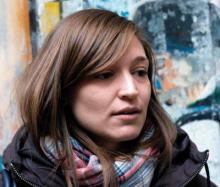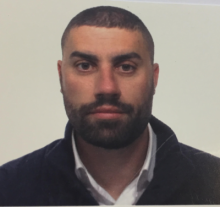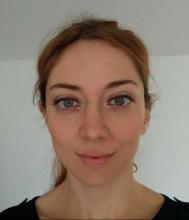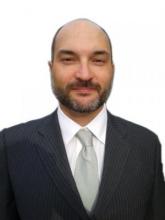Costanzo Luca
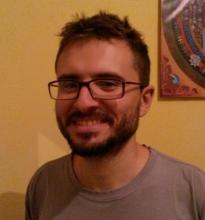
My name is Luca Costanzo and I live in Prato. I have earned a master's degree in Matter Physics from University of Florence and then a PhD at the European Laboratory for Non-Linear Spectroscopy (LENS). Currently I'm a post-doc at the National Institute of Optics (INO-CNR).

